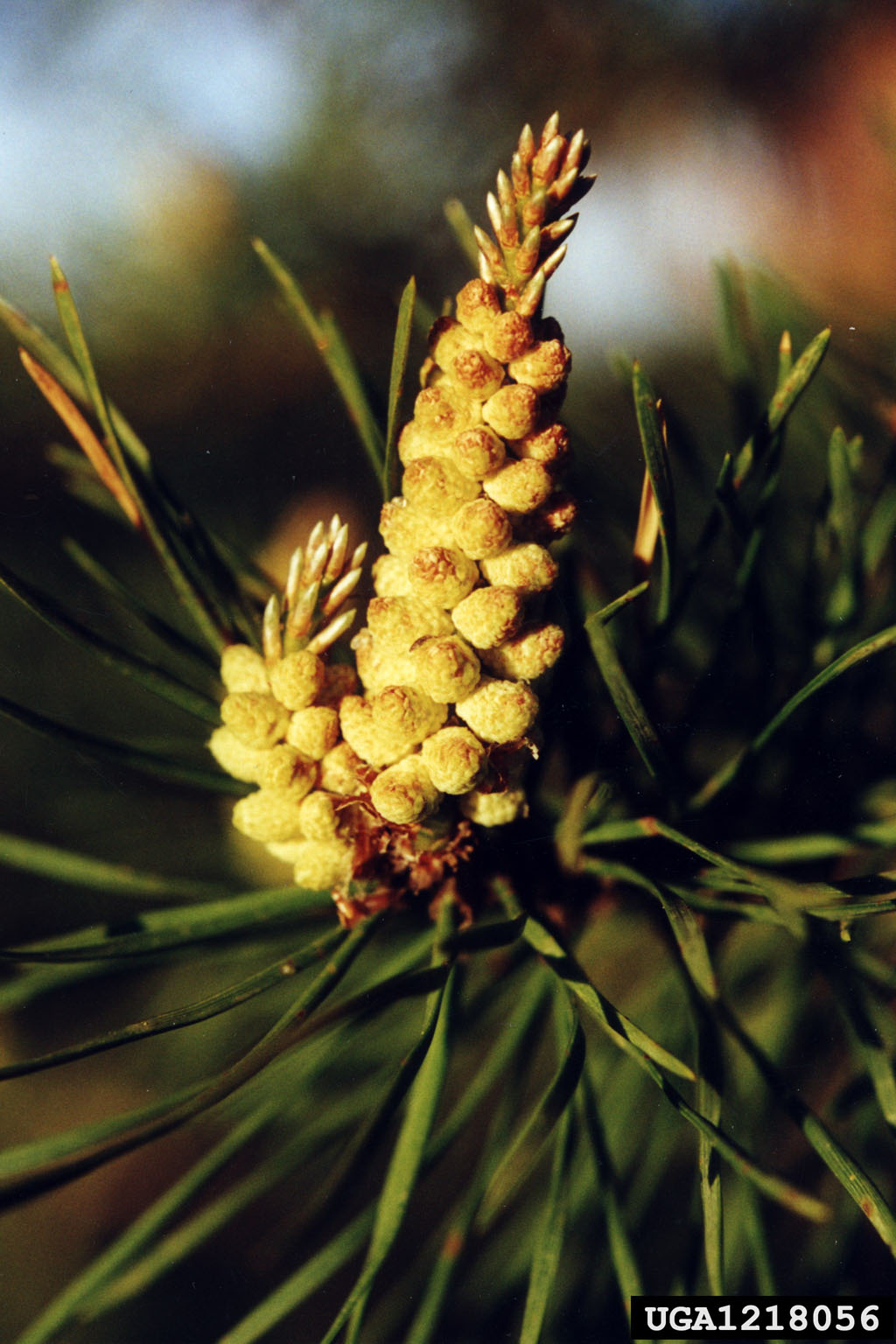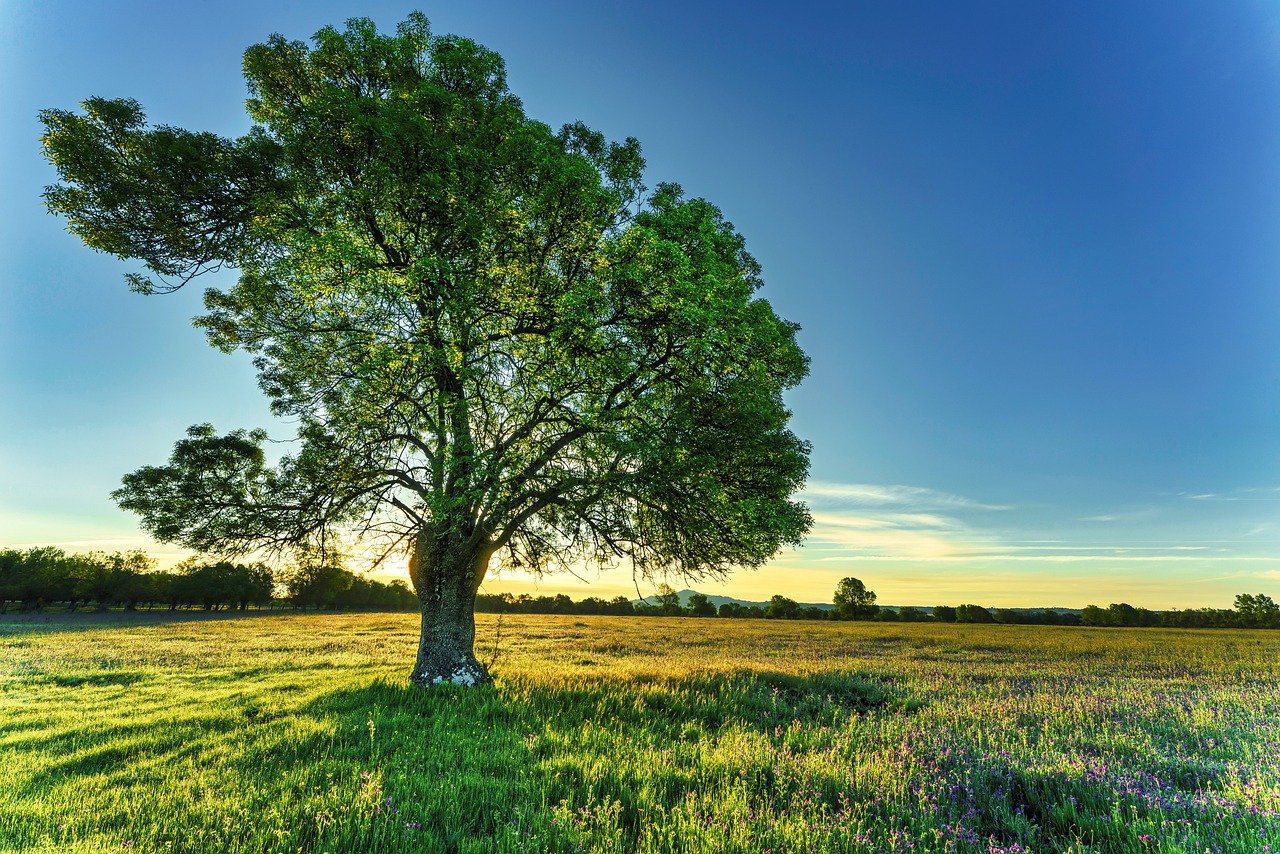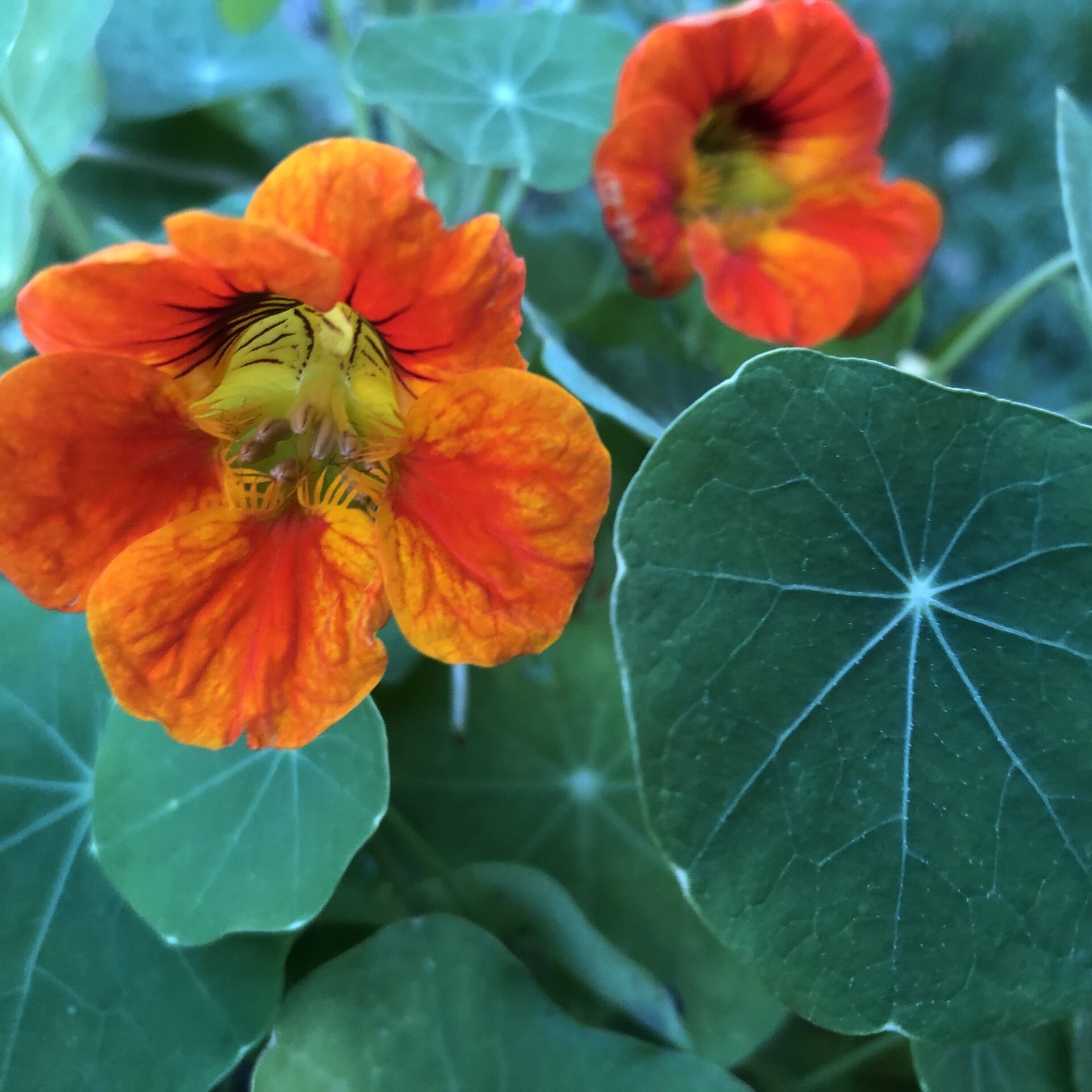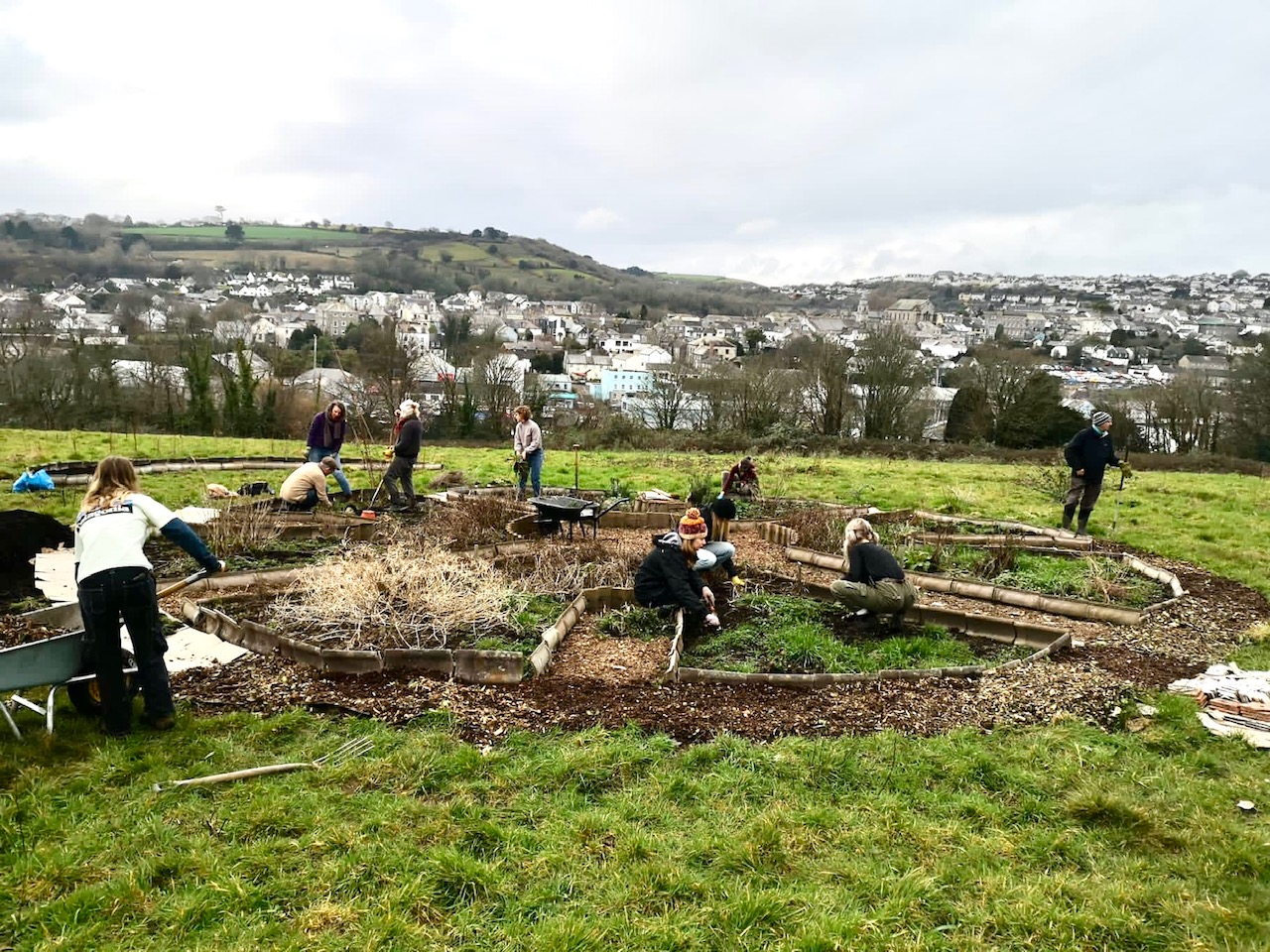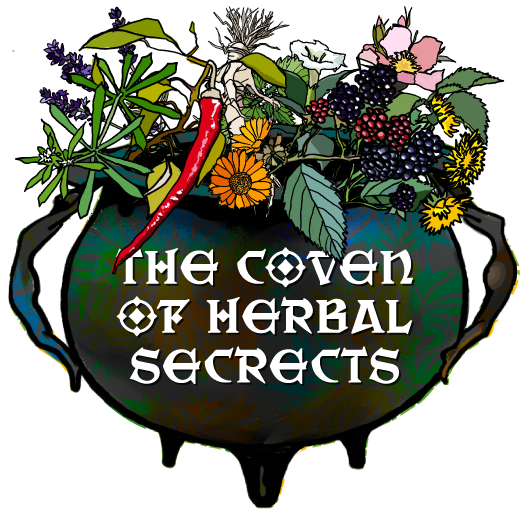On her travels through the countryside aboard the narrowboat Gyptian, Kit stops for an encounter with the Scots Pine… and shares that magic with us…
My name is Kit Acott and I have been a herbalist for many years. After a career of practising and teaching, I have retired onto a narrowboat named Gyptian, and I travel my way around central England on the network of canals that criss-cross the Midlands.
On the boat my sitting room window is exactly level with the towpath and all of the year round I can closely observe the plants and animals around me.
It is deep winter now. We are past winter solstice and the days are lengthening, but though dusk turns to dark later each day, the cold is biting hard, the ground freezes more often and the slog towards the equinox can feel long. Each day we must tend the fire in the little wood burner to keep warm and be mindful of the winter conditions which can freeze our little boat into the ice, far from water or provisions if we are not aware constantly of how the weather is behaving.
There are several jars of herbs dried on my shelf, that I collected in the warmer months; lemon balm, cleavers, nettle and elderflower amongst others that I can make a nourishing tea from, but there is something lovely about gathering something fresh from the living plant on a morning walk for an early morning cup of tea.
A perfect deep winter herb for northern climes is a tea made from the needles of the Scots pine, (Pinus sylvestris). On my morning walk today I move amongst the woods. I can smell the fresh cool scent of the Scots pine almost before I see the tall tree, trunk showing silvery, wispy branches of needles swaying gracefully. I greet the tree and lean on its trunk, a scattering of needles softening the ground below my feet. We commune, tree and I, quietly. There is always a stillness and scent around a Scots pine that invites deep breathing and that itself leads us towards the actions Pinus sylvestris offers us. It easily leads us to the intuitive understanding that these pine needles will be good for the respiratory system.

I pick a few needles from the end of a twig, a little of the resinous rough bark coming with the sprig. The tree is comfortable to spare them. As I walk back to the boat I cup my hands around the little sprig and smell. It is rich in oils which have an anti inflammatory action particularly upon the respiratory system. It can be explored for use with urinary infections and arthritic conditions. The needles are rich in vitamin C and so very important in the diet of the northern gatherer during winter. The resin of the Scots Pine is also used to make natural turpentine.
When I return to the boat the kettle is singing on the wood stove and as I pour boiling water onto the needles the little boat is filled with the aroma of the winter woods. I sit with my mug in my hands, listening to the calls of the wild geese, my dog lying snug on my feet and sip the goodness the pine is offering me. To me it is a crisp reminder to hold steady in the dark months, it grounds me and holds my intention steady.
I find this herb a powerful ally in our northern materia medica and a delightful cup of tea on a late winters’ or early spring morning.
Perception Potion

Contains: Calamus (labyrinth),
oats (protection), Inula (boundless), marshmallow root (nurse), moonflower essence (shape-shifting)
Open to Visualizing Vibrancy
These drops support:
- Perception shifting
- Deep seated addiction
- Emotional or physical pain
- Understanding our dark side
- Low mood
- Releasing apathy
- Letting go of limitations and inhibitions
The wonderful aquatic Calamus is a warming digestive with the potential to shift perceptions, gently visually stimulating this herbs warms the digestive earth elements, uplifting and energizing.
The nutritious, familiar, Oats full of B vitamins protect and support the nerves.
Inula or elecampane is vast growing, richly aromatic root that is so powerful for the lungs and digestion, it has the power of 9 mortals, supporting the adrenals and opens us up to the boundless possibilities of life.
We have used a drop of moonflower essence to bring a touch of magical shape-shifting to the potion. Reminding us that we can be whomever we choose.

Kit Acott
I have been a qualified medical herbalist for 22 years and a herbalist for 30.
I was a country child and grew up familiar with the wild flowers and plants around my home.
The daughter of beatniks, (a novelist and a civil engineer), I grew up in a commune and was brought up within the principles of peace, cooperation and sustainability.
Only ever gardening and farming organically I learnt Permaculture principles in the early 80s.
I left home and became what was dubbed as a New Age Traveller. It was on the road I first began using herbal remedies, learning from other women, reading books and using plants. We learnt fast and I quickly realised how efficacious plants were.
I came off the road and put my energy into growing and learning herbs and in 1991 I began my training at the College of Phytotherapy.
I taught for the College of Phytotherapy and worked as a clinic supervisor in Edinburgh.I have guest lectured at Napier University, UCLAN and Lincoln College.
I worked in Festival First Aid for many years, working at Green Gathering, Glastonbury and many others that have come and gone.
Currently I teach postgraduate CPD independently, exploring issues beyond that taught on the syllabus and still regularly teaching paediatrics. Over the years I have moved towards a more traditional style of practice, using the plants that grow in the hedgerow.

